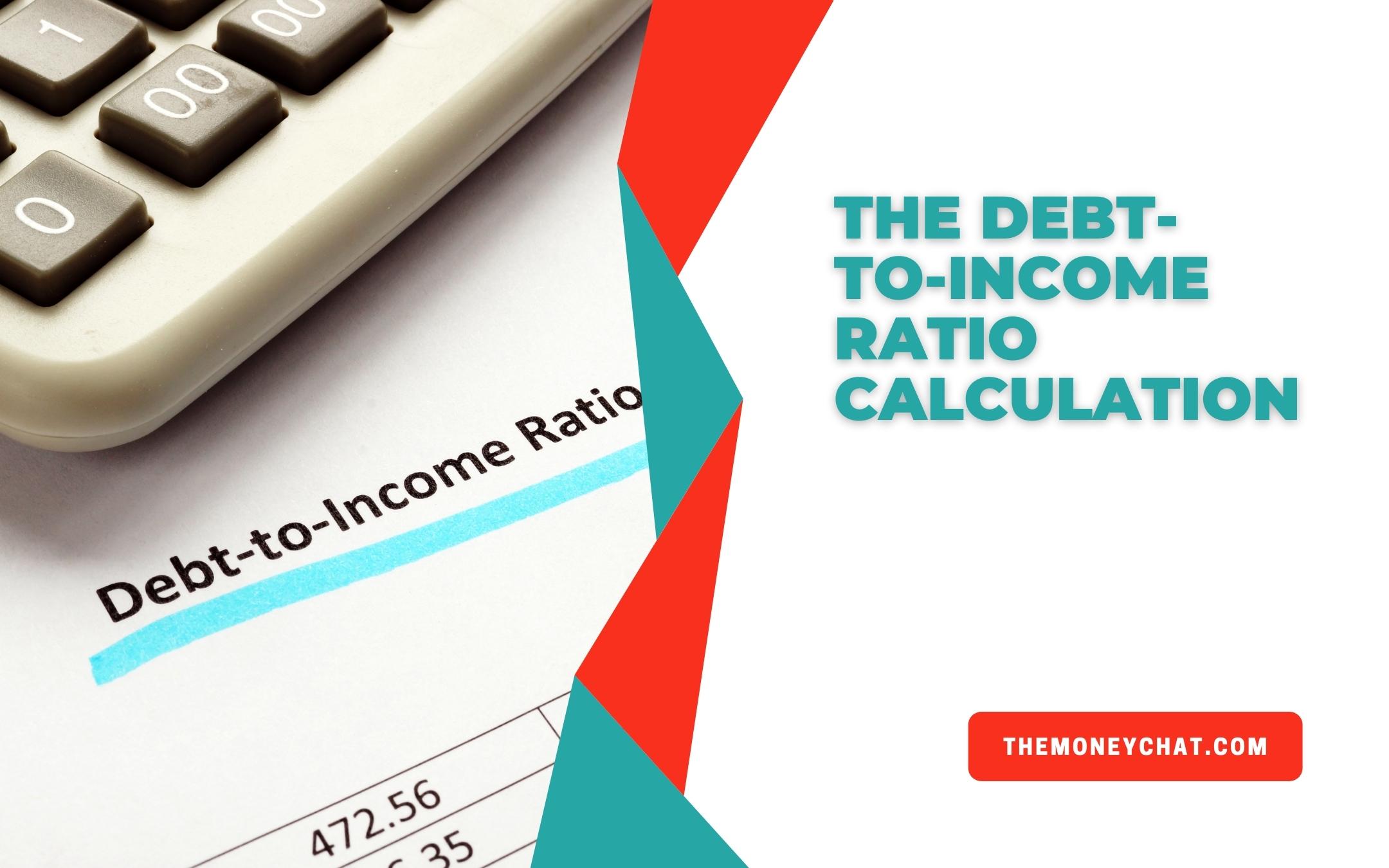When you apply for a new loan, the lender looks at a few major factors to decide if you’re a good candidate. The first is your credit score and the second is your debt-to-income ratio (DTI). Your DTI tells lenders if you can afford the loan.
If it’s too high, you’re out of luck. This is why you should now how to calculate it before you walk in the door. Of course, I’ve got you covered, keep reading!
What is the Debt-to-Income Ratio?
Your debt-to-income ratio is the comparison of your total monthly debts to your gross monthly income (income before taxes). The more debt you have compared to your income, the higher your risk of default (not being able to pay it back) on a loan.
How Does it Work?
Lenders include any debt that’s on your credit report in your DTI, such as your minimum credit card payment, car payment, student loan payment, or personal loan payment.
They don’t include things like the daily cost of living, utilities, insurance, or tuition costs. Only the debts reporting on your credit report go into your DTI calculation.
How do you Calculate your DTI?
Total your monthly debts using your minimum credit card payments and the full payment required for any loans.
If buying a car or home Include the potential new vehicle or mortgage payment (along with the monthly cost of real estate taxes, homeowner’s insurance, and any HOA dues).
- Determine your gross monthly income. If you’re paid a salary, divide your salary by 12. If you get paid hourly, look at your annual income from last year’s W-2 and divide it by 12.
- Divide your total monthly debts by your gross monthly income. This is your DTI.

What’s a Good Debt-to-Income Ratio?
Each loan program and lender have a different idea of a ‘good’ DTI. In general, keep your debt-to-income ratio at 30% or lower. The maximum most loan programs will allow to keep your loan affordable is 43%, but that really is too high. It will be hard to cover the new expense and still live.
When buying a home, some lenders look at your housing ratio (%)and total debt ratio separately. Your housing ratio is the comparison of only your housing payment to your gross monthly income. Remember, though, your housing payment includes the principal and interest payment plus real estate taxes, homeowner’s insurance, and HOA dues.
Most lenders want the housing ratio around 28% or less, but some allow a higher DTI.
Why is it Important?
Your DTI measures how much of your income you already have committed. If you overcommit yourself, it’s had to keep up with your debts. You may be a higher risk of default and lenders won’t take the risk.
To keep your DTI down, pay your debts down or off before applying for new loans for the best chances at approval.
Final Thoughts
Your debt-to-income ratio is the next most important factor after your credit score. The more you can lower it before you apply for a car, mortgage, or other loan the better. Lenders don’t want to take a chance on someone who already has a lot of debt because they know you may not be able to handle the new bill.













0 Comments